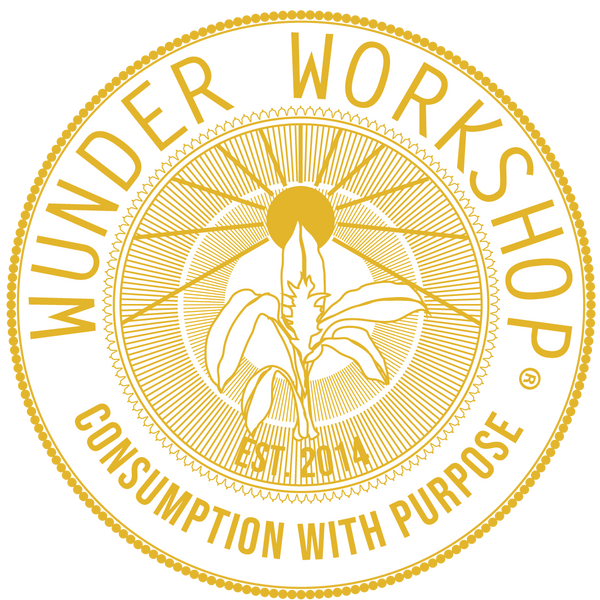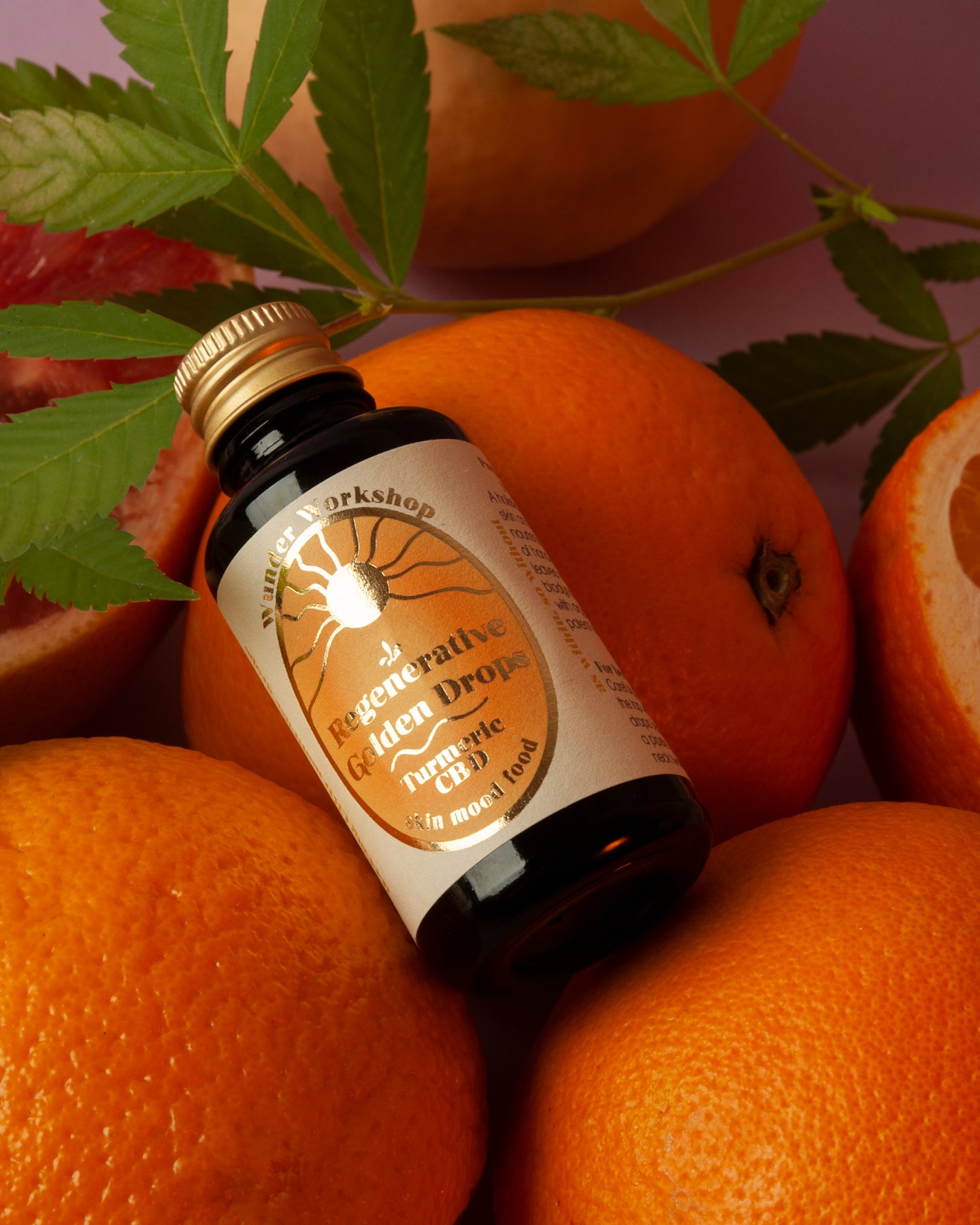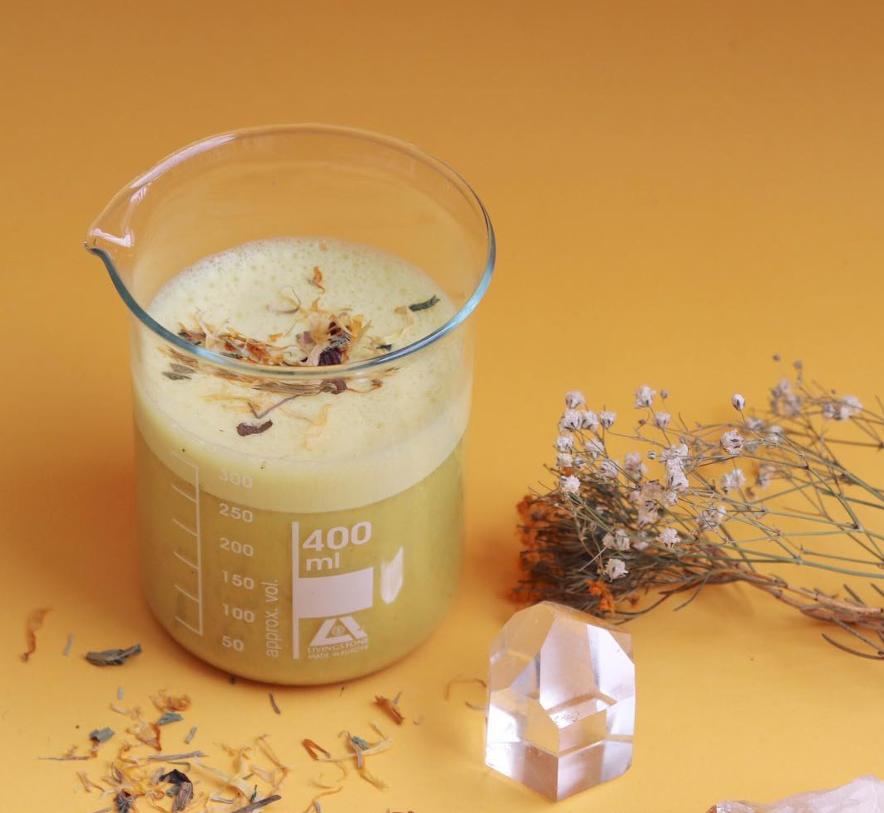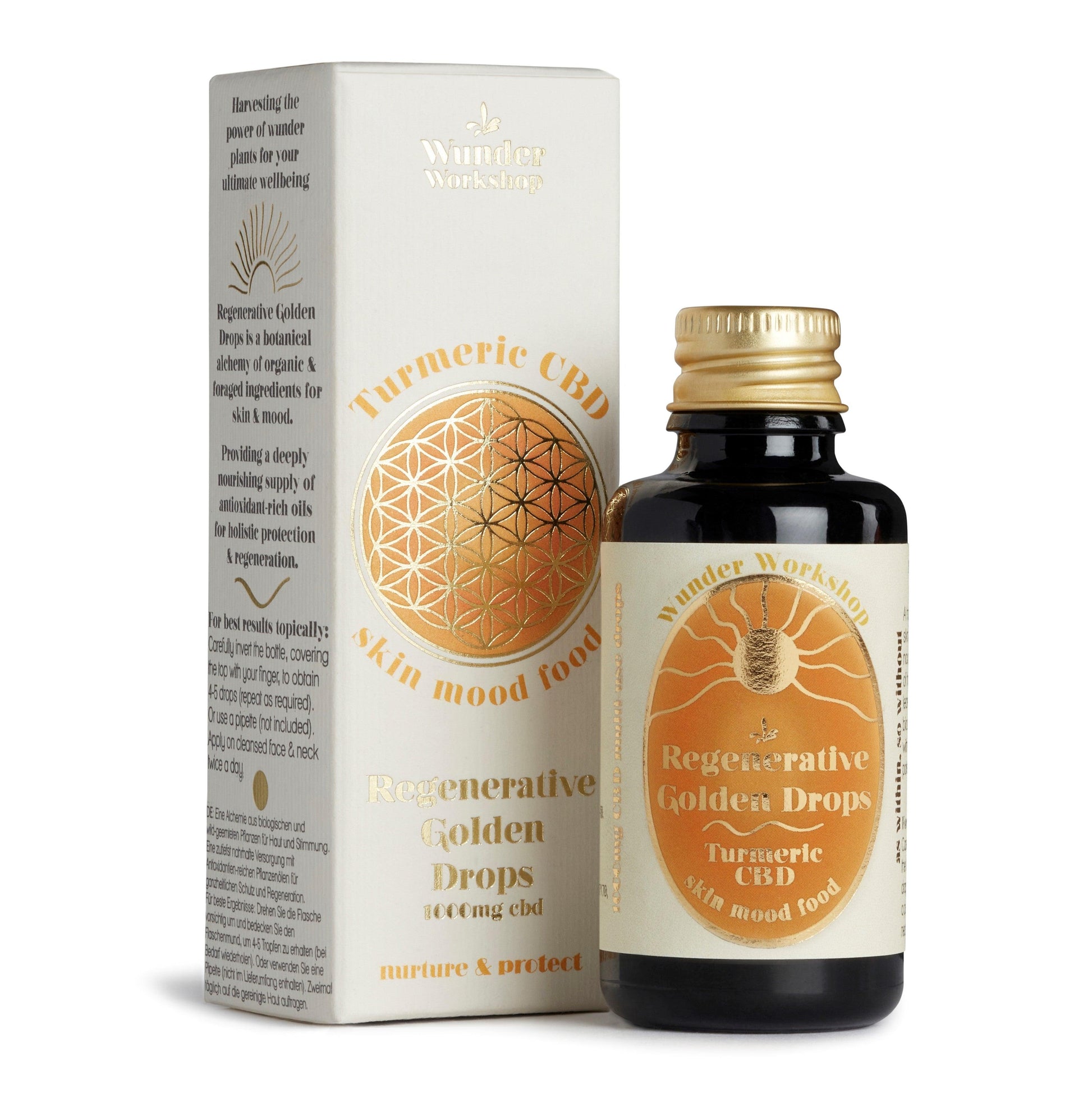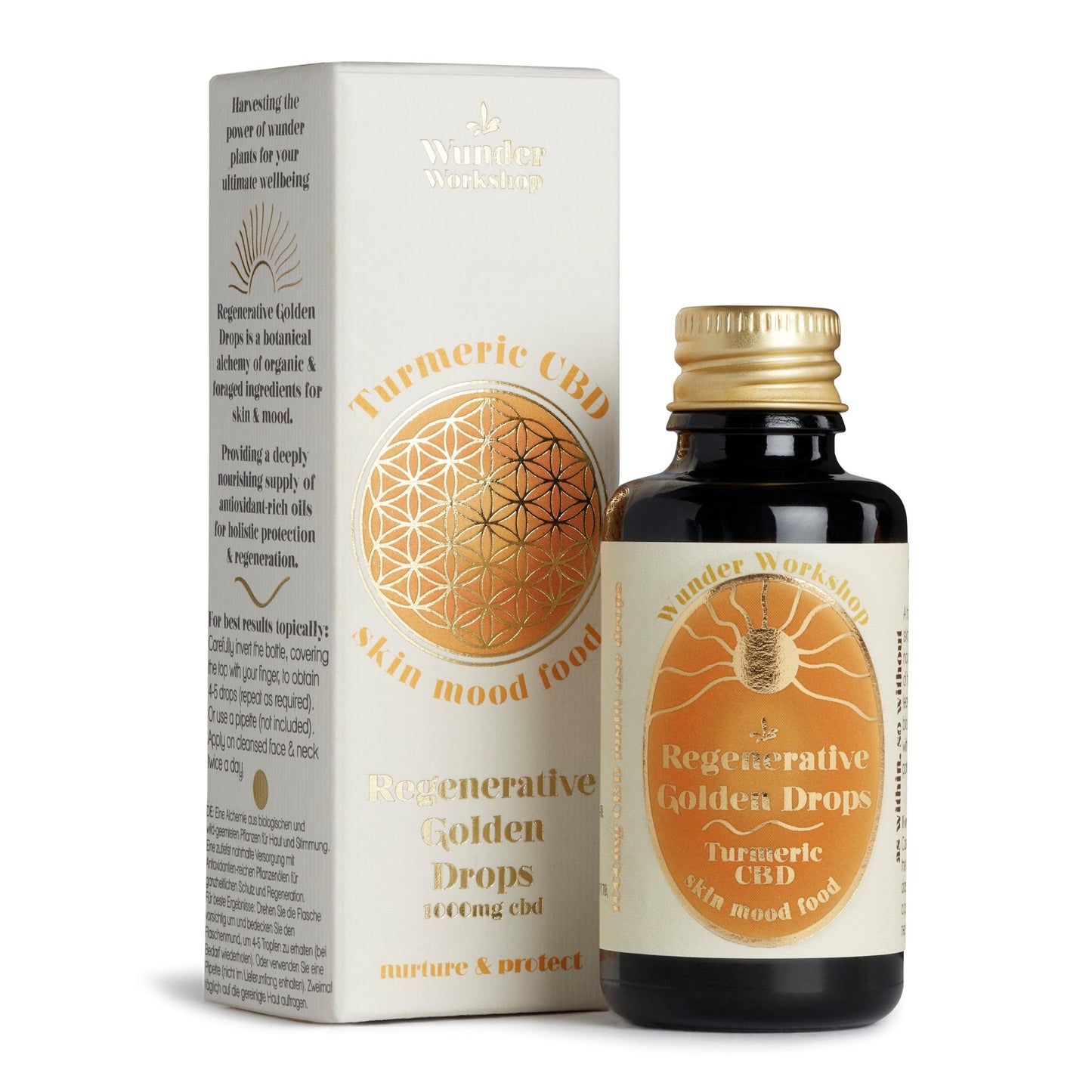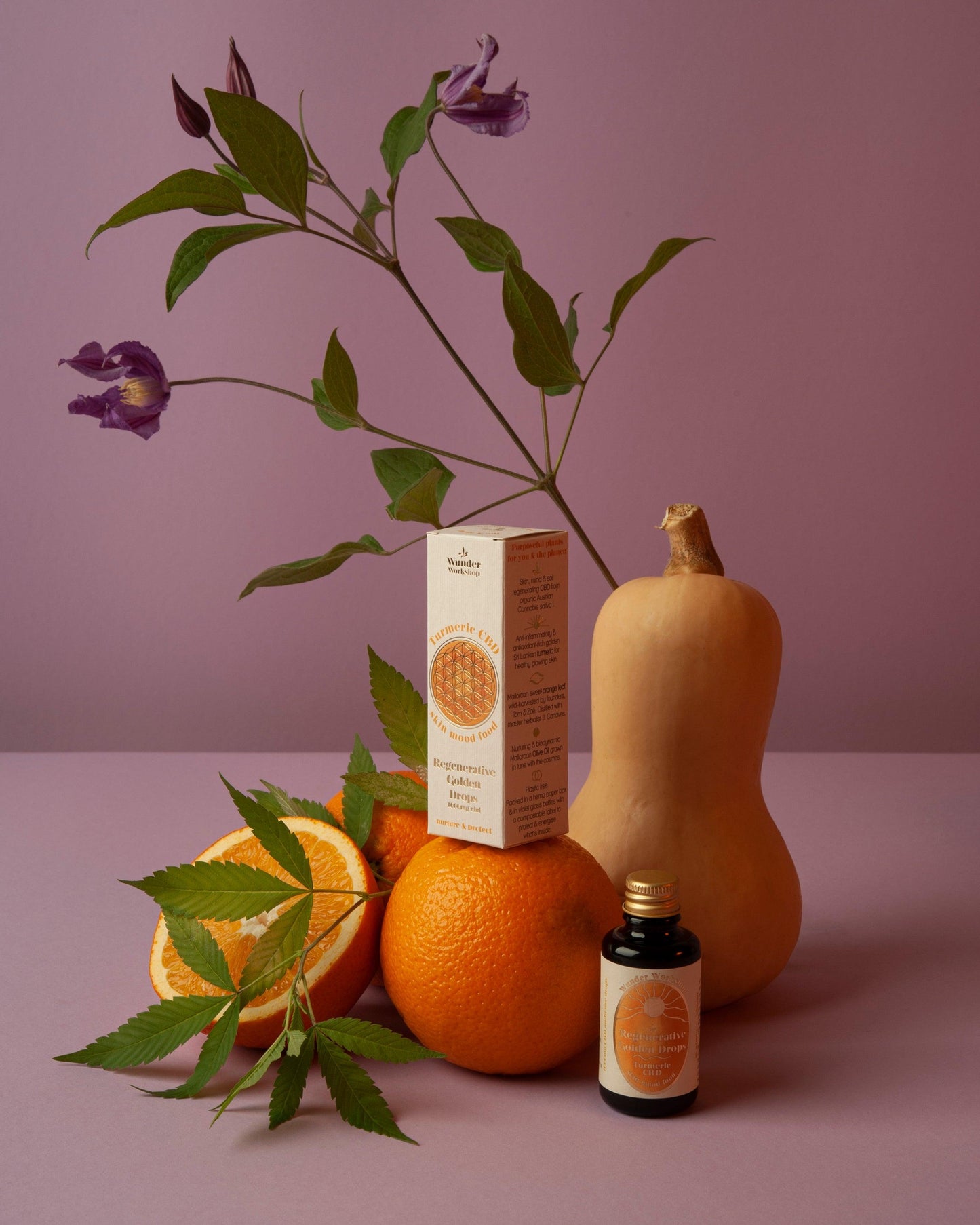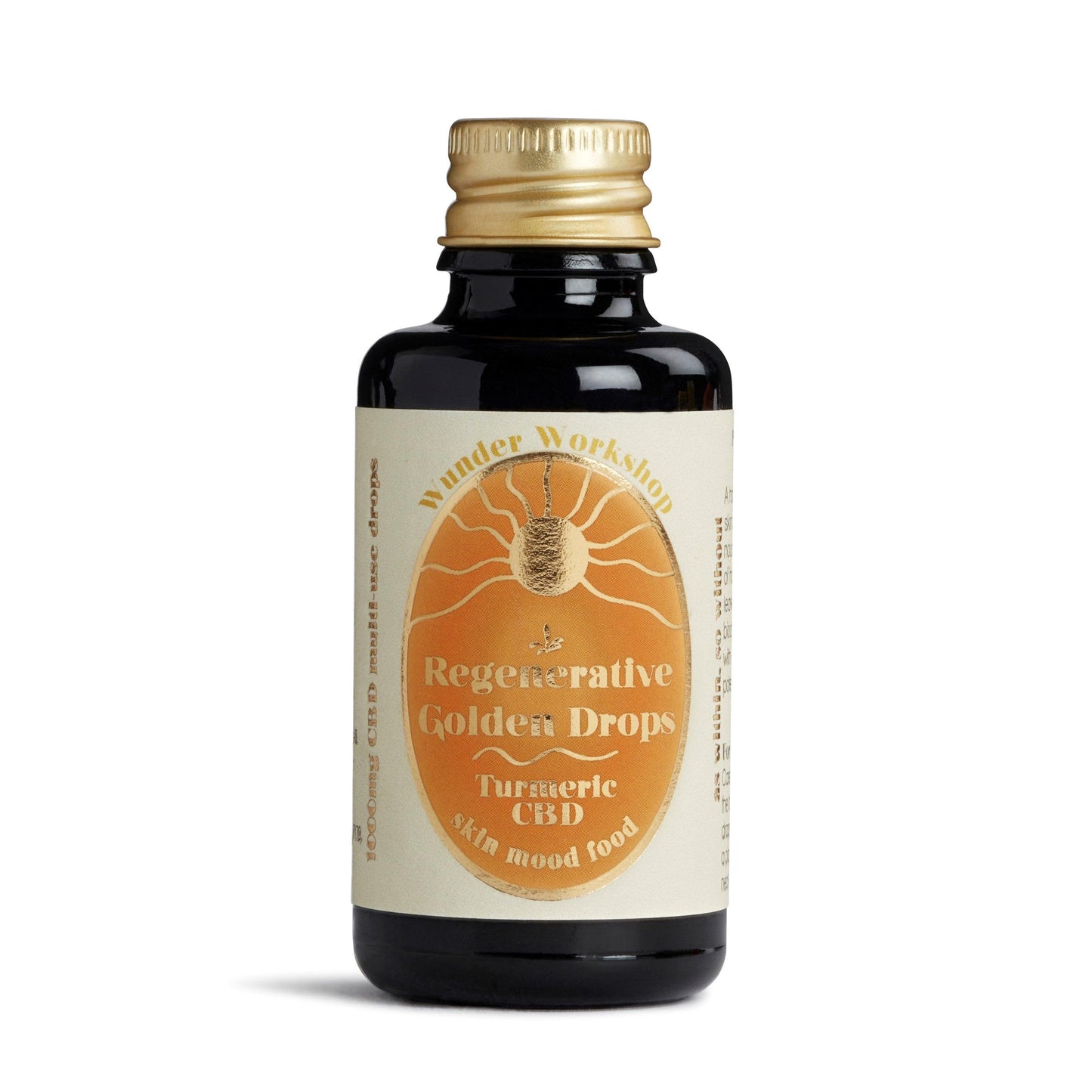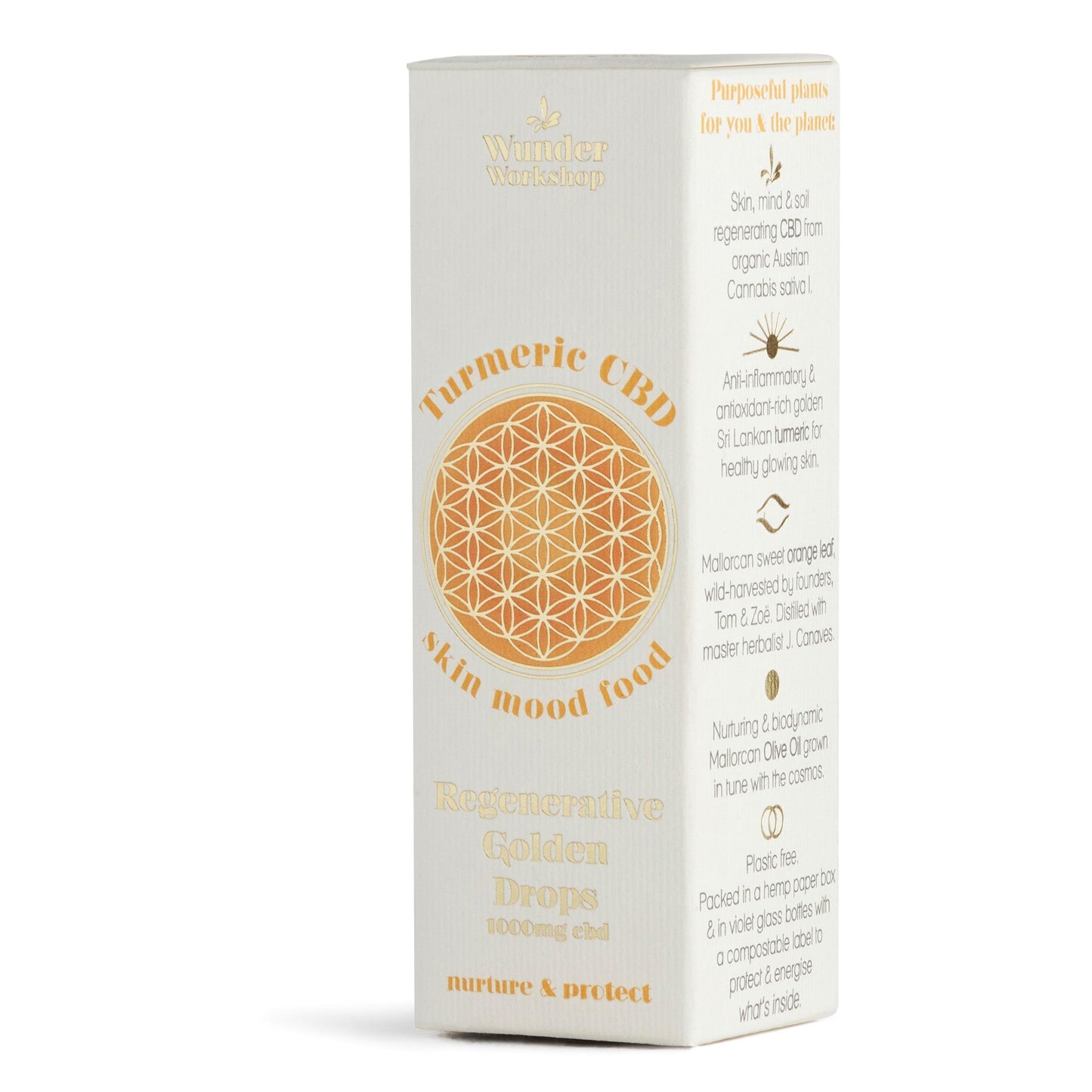Chaga (Inonotus obliquus) is a supreme mushroom that is found in birch forests across the far northern hemisphere. The mushroom’s hard, charcoal-like appearance can make it hard to spot beneath the bark of these trees. But whilst wild-harvesting Chaga can be a painstaking task, this adaptogenic mushroom has many wonderful benefits to be taken advantage of.
Chaga's prominence stems back thousands of years where it has been consumed by Chinese, Russian and Norwegian communities. It has been used as a remedy for many ailments because of its antimicrobial and antiviral properties, making it a great addition during the changing of seasons as our bodies adjust to temperatures movements.

Most prominently though is Chaga’s potent antioxidant effect which has been supported by several scientific studies (Park, et al., 2004) (Song, et al., 2013). Antioxidants play an important role in protecting our bodies from oxidative stress – where free radicals cause damage to otherwise healthy cells. Oxidative stress results from many factors and natural processes but is enhanced when we are exposed to harsh environmental conditions like excessive sunlight, pollution as well as mental stress. Chaga’s ability to neutralise these free radicals helps to prevent DNA damage on a cellular level and lower our risk of certain cancers (Wasser, 2002).
Chaga is also packed full of important nutrients that support our body's vital systems. As an adaptogen, Chaga’s ability to exert immune-balancing properties is down to their high polysaccharide and beta-glucans content. These two components help signalling and communication in our immune system to ensure an appropriate immune response – enhancing it when necessary and lowering it when too active. This immune-modulating property may also have benefits in targeting cancerous cells (Liuping, et al., 2012).
Finally, Chaga is renowned as an anti-inflammatory, making it a true powerhouse within the adaptogen kingdom. It elicits its anti-inflammatory effects by targeting pro-inflammation markers in our inflammatory response such as nitric oxide and cyclooxygenase (Lishuai, et al., 2013).
When we went out to source our Superior Chaga, there were a few key features that we set ourselves to ensure the very best in class:
- An organic and wild source of this incredible mushroom.
- A dual-extracted compound that enables more of Chaga’s active compounds to be bioavailable. Always look for a high percentage of beta-glucans and polysaccharides when buying Chaga.
- To be easy to use, water-soluble and taste great.

You can add ½ a teaspoon of our Superior Chaga to a mug of hot water or milk. Or get more experimental with these recipes:
- Adaptogenic Brownies
- Chaga Cacao Protein Shake: 1 tsp Superior Chaga, 1 banana, 1 tbsp raw cacao powder, 1 tbsp hemp/pea/sacha inchi protein powder, a pinch of Himalayan salt, 300ml of plant-based milk and 5 drops of vanilla extract. Shake all of the ingredients together in a shaker until smooth.
- Chaga Tonic: 1/2 tsp of Superior Chaga, juice and zest of 1/2 a lemon, a sprinkling of chopped mint, 50ml of organic apple juice and 200ml of sparkling water. First, add the sparkling water, then the remainder of the ingredients and stir. Serve with chilled or over ice.
References
Lishuai, M., Haixia, C., Peng, D. & Xueming, L., 2013. Anti-inflammatory and anticancer activities of extracts and compounds from the mushroom Inonotus obliquus. Food Chemistry, 139(1-4), pp. 503-508.
Liuping, F., Shaodong, D., Ai, L. & Kequan, D., 2012. Antitumor and immunomodulatory activity of water-soluble polysaccharide from Inonotus obliquus. Carbohydrate Polymers, 90(2), pp. 870-874.
Park, Y. K. et al., 2004. Chaga mushroom extract inhibits oxidative DNA damage in human lymphocytes as assessed by comet assay. BioFactors, 21(1-4), pp. 109-112.
Song, F.-Q.et al., 2013. Progress on Understanding the Anticancer Mechanisms of Medicinal Mushroom: Inonotus Obliquus. Asian Pacific Organization for Cancer Prevention, 14(3), pp. 1571-1578.
Wasser, S., 2002. Medicinal Mushrooms as a source of antitumour and immunomodulating polysaccharides. Applied Microbiology and Biotechnology, Volume 60, pp. 258-274.
